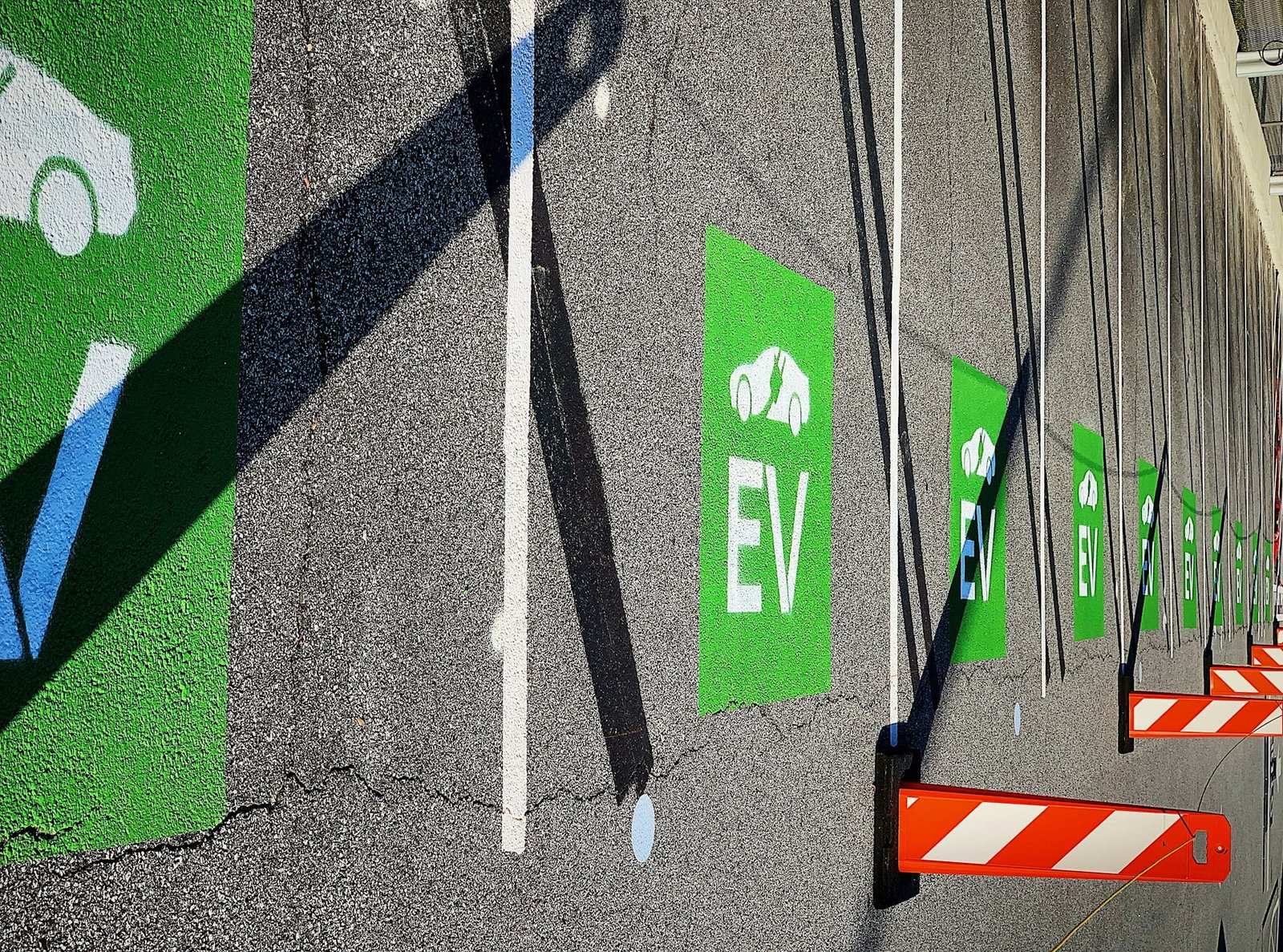Understanding the Economics of Electric Vehicle Charging Stations
Electric Vehicles (EV) and SustainabilityTable of Contents
Electric vehicle (EV) charging stations play a crucial role in facilitating the widespread adoption of electric vehicles. This article explores the economic aspects surrounding EV charging stations, including costs, revenue streams, and financial considerations.
Initial Investment and Infrastructure Costs
The establishment of EV charging stations entails significant initial investment and infrastructure costs. These expenses encompass the procurement of charging equipment, installation, site preparation, and electrical upgrades. Factors such as station capacity, power output, and network connectivity influence the overall cost of deployment. Additionally, considerations for location, accessibility, and regulatory requirements impact investment decisions.
Revenue Models and Monetization Strategies
Various revenue models and monetization strategies exist for EV charging station operators to recoup investment and operational costs. Common approaches include pay-per-use charging fees, subscription-based memberships, and partnerships with commercial establishments for customer attraction and retention. Additionally, revenue can be generated through advertising, sponsorship, and value-added services such as vehicle maintenance or retail sales at charging locations.
Considerations for ROI and Profitability
Calculating return on investment (ROI) and ensuring profitability are essential considerations for EV charging station operators. Factors influencing profitability include charging station utilization rates, electricity pricing, demand patterns, and operational efficiency. Strategic planning, market analysis, and customer demand forecasting are integral to optimizing revenue generation and achieving long-term financial viability.
Government Incentives and Funding Opportunities
Government incentives and funding programs play a pivotal role in supporting the deployment and expansion of EV charging infrastructure. Grants, tax credits, and subsidies are available to incentivize private and public sector investment in charging stations. Additionally, regulatory policies mandating the installation of charging infrastructure in new developments or public spaces contribute to market growth and accessibility.
FAQs:
How much does it cost to install an EV charging station?
The cost of installing an EV charging station varies depending on factors such as station type, power capacity, installation requirements, and location. On average, costs range from several thousand to tens of thousands of dollars per charging port, including equipment, installation, and associated infrastructure expenses.
How do EV charging station operators make money?
EV charging station operators generate revenue through various means, including charging fees, subscription-based models, advertising, partnerships, and value-added services. Revenue streams are influenced by factors such as utilization rates, pricing strategies, and ancillary offerings.
Are there government incentives available for installing EV charging stations?
Yes, many governments offer incentives, grants, and funding programs to encourage the deployment of EV charging infrastructure. These incentives may include tax credits, rebates, grants, and low-interest loans to support the expansion and accessibility of charging infrastructure.
What factors impact the profitability of EV charging stations?
Several factors influence the profitability of EV charging stations, including utilization rates, electricity costs, pricing strategies, operational efficiency, location, and competition. Operators must consider these factors when planning and managing charging station deployments to ensure financial sustainability.
How can I assess the financial viability of investing in EV charging stations?
Assessing the financial viability of investing in EV charging stations involves conducting market research, analyzing demand trends, evaluating potential revenue streams, estimating costs, and projecting ROI. Collaboration with industry experts, financial advisors, and government agencies can provide valuable insights and support in making informed investment decisions.
